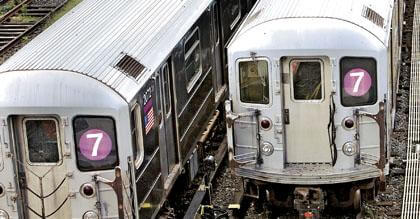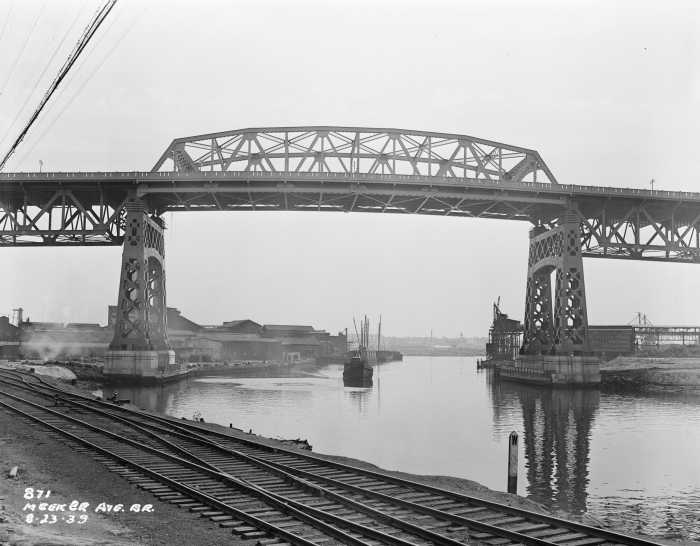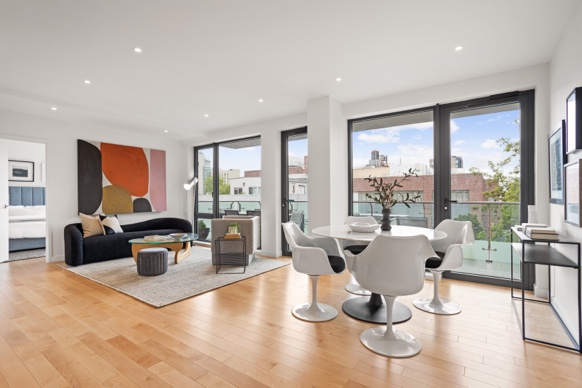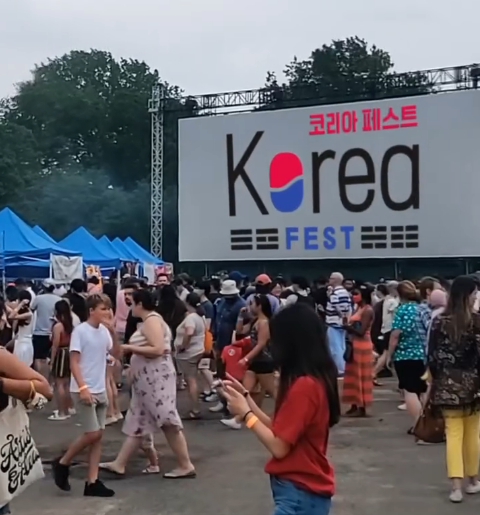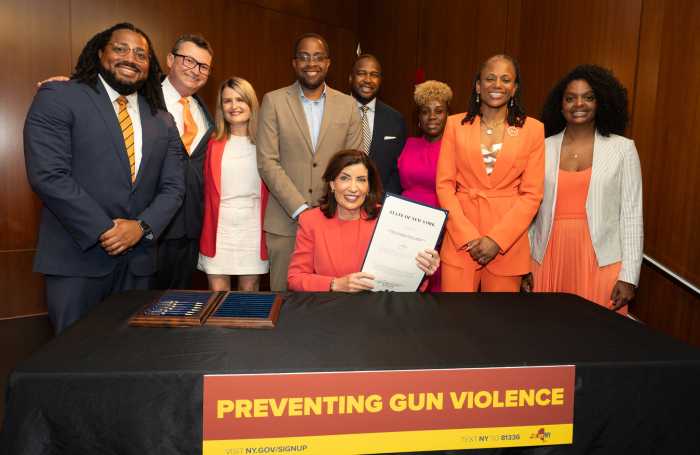Congestion pricing has been contentiously debated in the city and state ever since Governor Andrew Cuomo first announced it was “an idea whose time has come” in August 2017, but now it has been officially included in the state budget.
Cuomo made the announcement during Tuesday’s State of the State address that cars and trucks will pay a hefty toll to enter Manhattan below 60th Street during business hours and represents progress for transportation advocates calling for a dedicated revenue stream from the MTA.
“If we don’t invest now, we’re going to pay more later and suffer in the meantime,” Cuomo said. “Literally, you are directing traffic by where there’s a toll-free bridge and where there’s not a toll-free bridge. This would say, basically, everyone pays the toll if you’re coming into the central business district.”
Admitting that the $15 billion that would be raised through congestion pricing still would not be enough, Cuomo said the city should contribute 50/50 to the MTA.
After Cuomo’s Jan. 15 address, the Riders Alliance indicated that the first order of business before the state can discuss restructuring the MTA should be issuing new funding for the authority, which is projected to have a $1 billion deficit by 2022.
Fix Our Transit is one of the many organizations who have been holding Cuomo’s feet to the fire to fix the beleaguered subways and buses across the city which have been plagued by delays and meltdowns which escalated during the summer of 2017.
“With congestion pricing included in Governor Cuomo’s Executive Budget, a surge in public support, and key endorsements from state lawmakers, it is clear that congestion pricing has the support to be enacted as part of this year’s budget,” said Alex Matthiessen, a spokesman for Fix Our Transit. “We applaud the governor’s leadership and look forward to working closely with the governor and the state Legislature to pass a comprehensive and robust congestion pricing in the coming months. Only then will we finally generate the funding we need to start fixing our region’s broken transit system.”
Cuomo charts here. He's making the case for congestion pricing, and for NYC to pay more for subway capital funding. pic.twitter.com/VwyAZDSYaH
— Jeff Coltin (@JCColtin) January 15, 2019
The announcement comes a little over a week after Council Speaker Corey Johnson claimed he was drafting a proposal for the city take over the NYC Transit, which technically is owned by the city but operations were turned over by the state after the city went bankrupt in the 1970s and 1980s.
“Car, truck and bus exhaust makes people sick and is New York’s largest source of climate pollution,” Conor Bambrick from the Environmental Advocates of New York, said. “Congestion pricing addresses these problems by taking more tailpipes off the road and helping fix New York’s mass transit. We applaud Governor Cuomo for including a congestion pricing plan in his budget and encourage him to work with the Assembly and Senate in making congestion pricing a reality in New York.”
Tuesday’s announcement had much in common with his earlier proposal to levy fees from motorists enter the central business district below 60th Street which was widely supported by straphangers but unpopular to motorists and those representing them.
Cuomo assembled the FixNYC advisory panel to find the best ways to implement congestion pricing in January 2017 and it called for $11 tolls on cars and a $25 fee on trucks during business hours.
But when April rolled around, transit advocates had been disappointed when the Cuomo administration released the 2019 budget only to discover congestion pricing was not included.
Congestion pricing has not been popular in northeast Queens, however, with elected officials standing up for the 2 to 5 percent of their constituents, motorists who commute into Manhattan, who would be taking the brunt of fees.
Opposition to the plan in Queens was led by Councilman Barry Grodenchik, Assemblyman David Weprin and Councilman I. Daneek Miller.
“The MTA must not charge those living in transportation deserts to subsidize those who already enjoy access to the subway system, especially those who live in luxury in Manhattan,” Miller said. “No matter the new details of this scheme, which no matter how you cut [it], it will be a regressive tax that hurts working families.”

